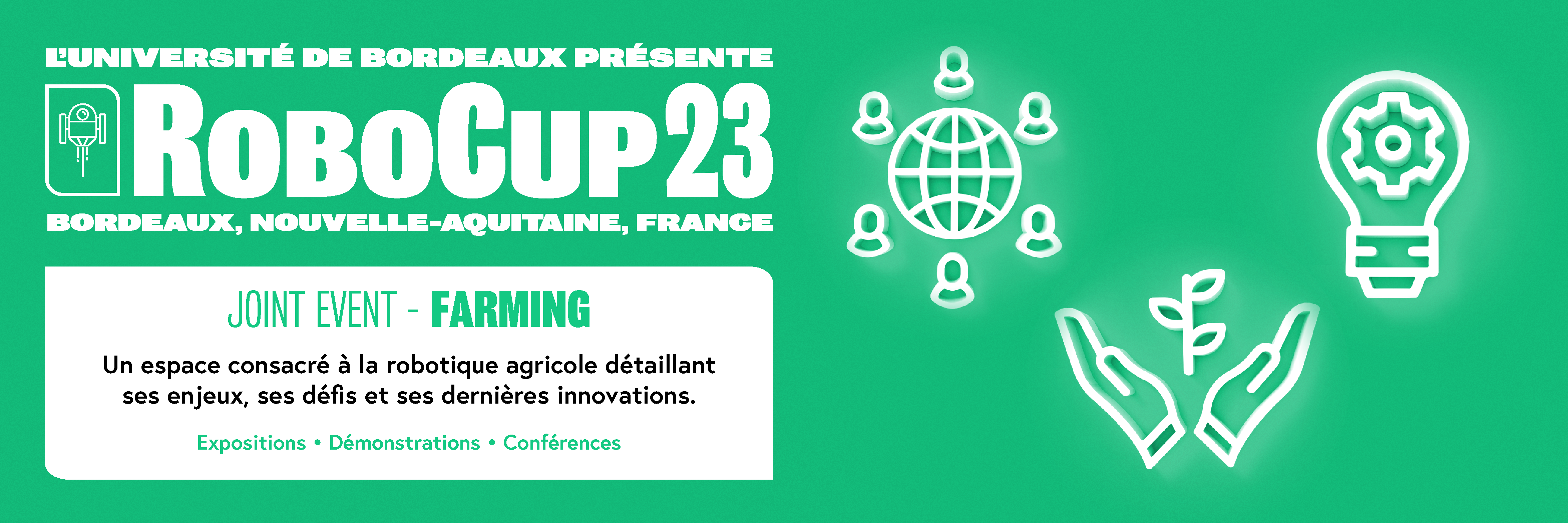A corner dedicated to agricultural robotics detailing its issues, its challenges and its latest innovations.
Bordeaux Sciences Agro and the University of Bordeaux are pleased to welcome you to the Farming @RoboCup23 event on Friday July 7 and Saturday July 8, 2023, during RoboCup23. Entirely dedicated to agricultural robotics, Farming@RoboCup23 aims to present the challenges, players and innovations in this sector.
The Farming @RoboCup23 area
In the Farming area, located outside Hall 1 (as befits agriculture), you’ll have the opportunity to meet a wide range of regional and national players, academics and professionals in the field. You’ll be able to discover a sample of robots, large and small, talk to their developers about their design and purpose, and chat with young researchers in the field of agricultural robotics and related disciplines: precision farming, AI, computer vision, automation, mechatronics…
Among the players present at Farming@RoboCup:
– ReMIX team, XLIM Laboratory, CNRS,
– MOTIVE and CRONE teams, IMS Laboratory, CNRS,
– Rhoban team, LaBRI, CNRS,
– Company VITIROVER,
– Softivert company,
– Cyclair company,
– Association RobAgri.
A team of students from ICAM Toulouse will also be on hand with their robot, to take up a mini-challenge in agricultural robotics. The theme: growing the 3 sisters! A demonstration of their know-how
If you’d like to see all this in action, don’t hesitate to visit the Farming @RoboCup23 area, right next to the Food Court, on the edge of the lake. Don’t miss the demonstration sessions on Friday 7 at 3:00 p.m. and Saturday 8 at 11:00 a.m.!
Farming@RoboCup23 aims to present the challenges, players and innovations in this sector.
Special session: Robots for the development of Agroecology
As part of the Citizen Dialog Joint Event, and in collaboration with INRAE, Farming@RoboCup23 will be hosting a mini-workshop on robotics and agroecology on Saturday July 8 at 3:00 pm.
The necessary agro-ecological transition is leading farmers to carry out increasingly precise and frequent tasks, requiring a labor force that is difficult to recruit. In fact, the technical nature of the tasks involved in agroecology (intercropping, species selection, sowing under cover, crop monitoring) means that they require a great deal of attention, as well as being tedious work. As a result, advances in robotics have led to the development of new algorithmic approaches to perception and control for navigating in open environments, managing interactions with tools and the environment. While robotics has enabled the automation of many actions in conventional agriculture, its challenge now is to be able to build and generalize new practices that are still struggling to emerge. This requires advances not only in scientific and technological fields, but also in agronomic, ecological and societal terms. This Workshop proposes a forward-looking reflection on how advances in robotics research can support the ecological transition of agriculture. Its aim is to take stock of future practices and explore new farming itineraries, in relation to the scientific issues they raise in terms of technological advances and acceptability.
Program :
3:00 pm – Welcome and introduction of speakers, J.-P. Da Costa (Bordeaux Sciences Agro) and R. Lenain (INRAE)
15h05 – Robotics for sustainable agroecological agriculture, X. Reboud (INRAE)
15h35 – The challenges of robotics for agroecology: the challenge of collaborative research through the NinSar project, R. Lenain (INRAE)
4:05pm – The Grand Défi de la Robotique Agricole (Grand Challenge of Agricultural Robotics) led by RobAgri, the agricultural robotics association, A. Couvent (RobAgri)
16h35 – Exchange with the audience, X. Reboud, R. Lenain, A. Couvent, J.P. Da Costa.
16h55 – End









